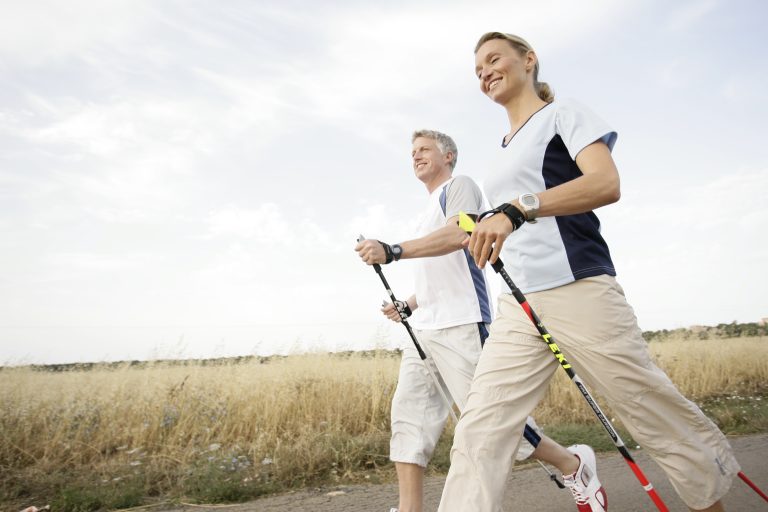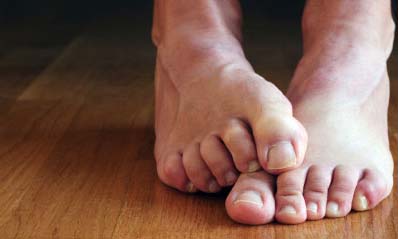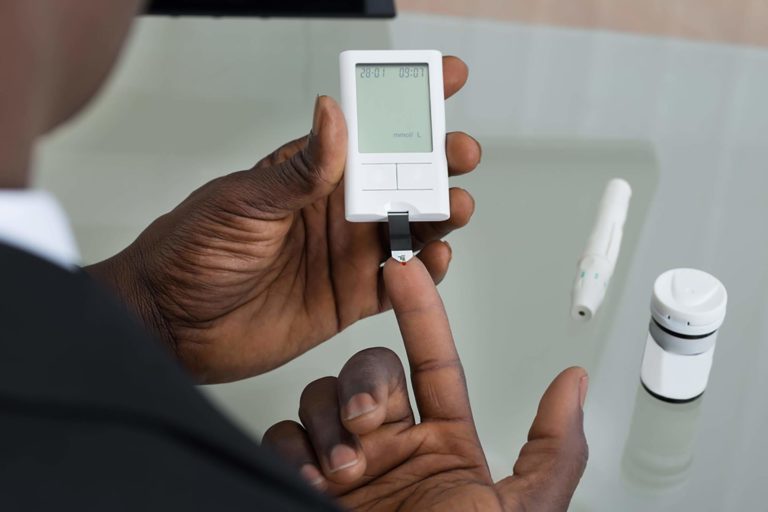
There are more symptoms than memory loss
There is a slightly simplified view of dementia that it’s all about becoming forgetful when you get older. Memory loss is the most common symptom, Phipps said, but there are many more.
“As dementia progresses, people get more and more symptoms, including physical symptoms,” she said. “So they won’t be able to move around, they’ll have difficulty speaking, they’ll have trouble swallowing – and it’s ultimately those symptoms that make people immobile and much more frail and susceptible to things like falls or infections that they don’t recover from.”

A third of risk factors are within our control
People often understand the risk of dementia, Phipps said. About a third of cases of dementia could actually be down to risk factors that are in our control.
Age is the biggest risk factor because dementia mostly affects older people. Some people have a genetic predisposition to developing diseases like Alzheimer’s, which is out of their control.
“But there are also lifestyle factors that can influence your risk of dementia,” Phipps said. “And at a population level, these come out as things like smoking, like depression, physical inactivity, high blood pressure … so often it’s things that are likely to impact your heart.”
Only about a quarter of UK adults realize there is anything they can do to reduce their risk of dementia, according to Alzheimer’s Research UK surveys.
“If you were to address things like having more aggressive treatment of blood pressure, or stopping people becoming overweight, and if nobody smoked, then we would see a reduction in the number of people getting dementia,” said Phipps. “So there are things people can do that are within their control that can reduce their risk of dementia.”

























